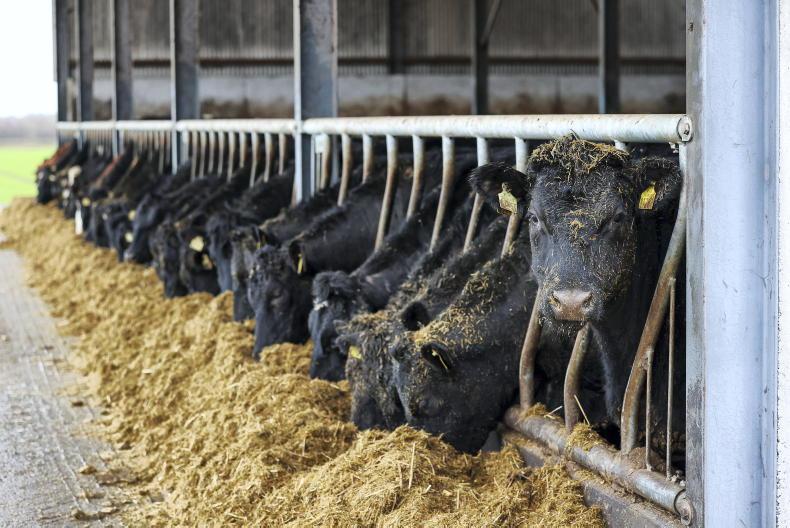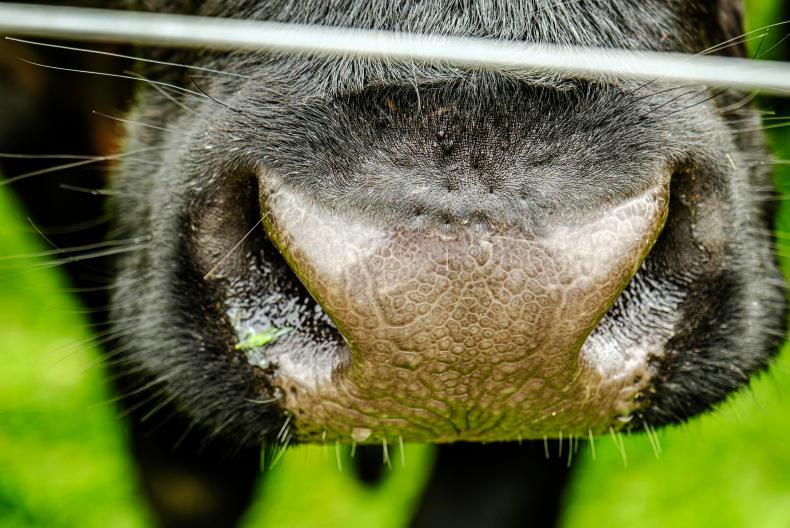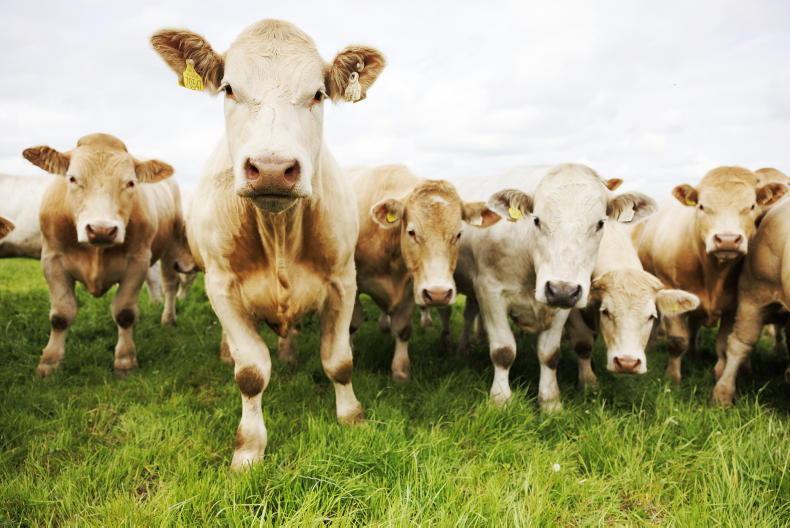The Department of Agriculture has issued a warning to livestock importers about the risks involved in importing cattle from Bluetongue-restricted areas in France, even where these animals are vaccinated and compliant with all EU health and movement regulations.
It did so after testing carried out on two such imported animals found they were antigen positive, indicating they had been exposed to the disease before arriving here.
“Whilst vaccinated animals are supposed to be safe for trade purposes and we are currently in the vector-free season (which makes onward transmission by midges unlikely), we are not prepared to take the risk of Bluetongue being confirmed in Ireland,” the Department circular said.
The consequences for Ireland’s live export trade would be very severe, it warns bluntly, for exports within the EU and to non-EU markets.
The Department said that it intends to tighten its inspection of imported animals coming from – or passing through – any Bluetongue restricted country so that all are tested within at most seven days of arrival.
That is to ensure that current safeguards are effective “and so that we can take swift action in the event of positive results”.
It added: The current policy is that any animals testing positive on PCR will be euthanised.”
Where import of animals from restricted zones is essential, importers should contact the Department in advance for biosecurity advice.
The Irish Farmers Journal understands that some importation of pedigree breeding animals continues to take place from Bluetongue restricted areas in France, with the animals vaccinated for the disease and moving in accordance with EU regulations.
Read more
Editorial: bluetongue - risk with imports
The Department of Agriculture has issued a warning to livestock importers about the risks involved in importing cattle from Bluetongue-restricted areas in France, even where these animals are vaccinated and compliant with all EU health and movement regulations.
It did so after testing carried out on two such imported animals found they were antigen positive, indicating they had been exposed to the disease before arriving here.
“Whilst vaccinated animals are supposed to be safe for trade purposes and we are currently in the vector-free season (which makes onward transmission by midges unlikely), we are not prepared to take the risk of Bluetongue being confirmed in Ireland,” the Department circular said.
The consequences for Ireland’s live export trade would be very severe, it warns bluntly, for exports within the EU and to non-EU markets.
The Department said that it intends to tighten its inspection of imported animals coming from – or passing through – any Bluetongue restricted country so that all are tested within at most seven days of arrival.
That is to ensure that current safeguards are effective “and so that we can take swift action in the event of positive results”.
It added: The current policy is that any animals testing positive on PCR will be euthanised.”
Where import of animals from restricted zones is essential, importers should contact the Department in advance for biosecurity advice.
The Irish Farmers Journal understands that some importation of pedigree breeding animals continues to take place from Bluetongue restricted areas in France, with the animals vaccinated for the disease and moving in accordance with EU regulations.
Read more
Editorial: bluetongue - risk with imports








SHARING OPTIONS